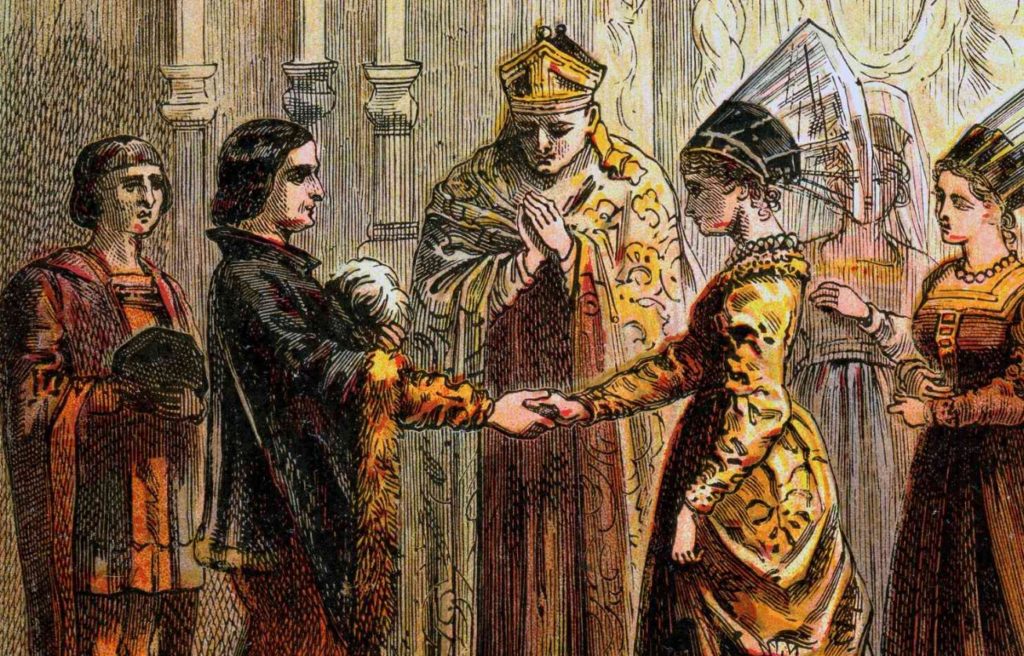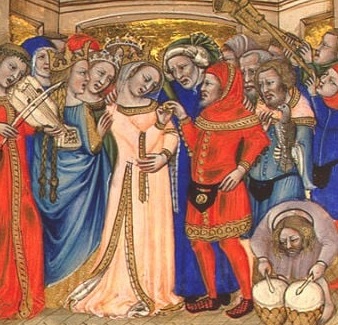In medieval society, the relationships between kings and their daughters were complex and varied. While it is true that some medieval kings did kill their daughters, this was not a common or widespread practice. Instead, the treatment of daughters by medieval kings was influenced by a variety of factors, including cultural norms, political considerations, and personal relationships.
Political and strategic considerations in the treatment of daughters
One of the primary reasons why some medieval kings killed their daughters was for political or strategic purposes. For example, a king might kill his daughter in order to prevent her from claiming the throne or to prevent her from being used as a pawn in a political marriage.

In some cases, daughters were also killed in order to prevent them from becoming the focus of rebellion or unrest within the kingdom.
Cultural norms and the treatment of daughters
In addition to political considerations, the treatment of daughters by medieval kings was also influenced by cultural norms and expectations. In many medieval societies, daughters were seen as the property of their fathers and were expected to marry and produce children in order to further the interests of the family.
However, this did not necessarily mean that daughters were mistreated or killed by their fathers.
The rarity of daughters being killed by kings
Many kings had close and loving relationships with their daughters and valued their contributions to the kingdom. Daughters were often given important roles in the government and were used as political pawns in marriage negotiations with other rulers.
For example, many medieval kings appointed their daughters to positions of power and influence within the government. Daughters could be given important roles in the administration of the kingdom or could be appointed to positions such as regent or guardian of the realm. In these roles, daughters were able to wield significant power and influence, and were able to shape the direction of the kingdom.

In addition to their roles within the government, daughters were also often used as political pawns in marriage negotiations with other rulers. Marriages between daughters of medieval kings and other rulers were often used to forge political alliances and cement relationships between different kingdoms or empires. In these cases, daughters were seen as valuable assets to the kingdom and were used to further the interests of the ruling family.
Conclusion
Overall, the killing of daughters by medieval kings was a rare and exceptional occurrence, and was not a common or widespread practice.
Instead, the treatment of daughters by medieval kings was influenced by a variety of factors, including political considerations, cultural norms, and personal relationships.
